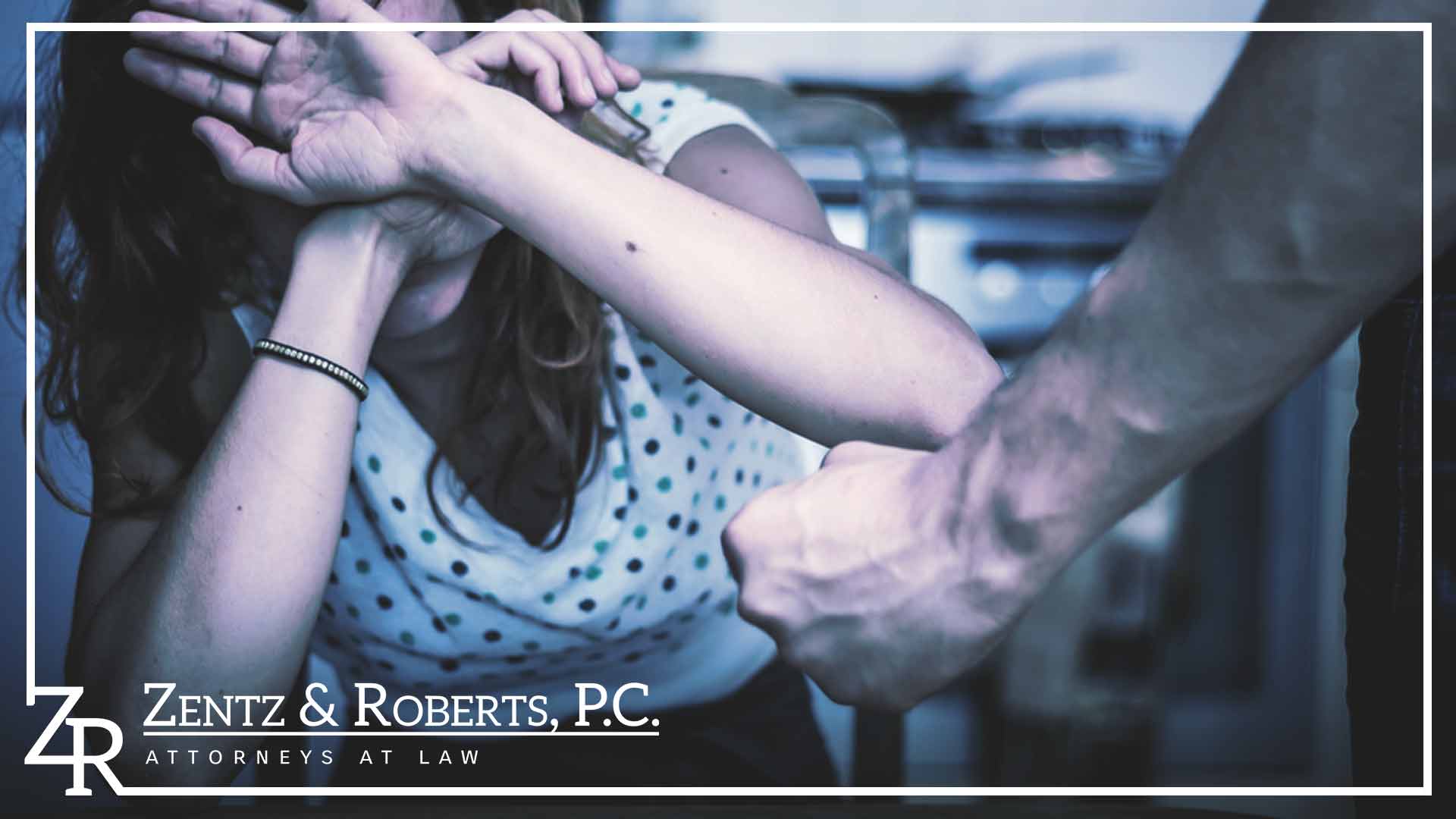In domestic violence cases, the absence of the victim at trial does not automatically lead to the dismissal of charges. There are legal nuances and strategic considerations that come into play when the alleged victim fails to appear or refuses to testify.
While it may seem counterintuitive, prosecutors can still pursue a domestic violence case even if the victim is uncooperative or unwilling to testify. The decision to move forward with the case largely depends on the availability of alternative evidence and the circumstances surrounding the victim’s absence.
Understanding Domestic Violence Charges


In addition to potential jail time, probation, and fines, a conviction can lead to the loss of custody or parental rights, protective orders, and even sex offender registration.
Why Would a Domestic Violence Victim Not Show Up to Trial?
There are several common reasons why a victim of domestic violence may recant their statements or refuse to testify:
- Fear or intimidation by the defendant
- Financial dependence on the defendant
- Love for the defendant and a desire to avoid a criminal conviction
In some cases, the victim may have been pressured or threatened by the defendant not to cooperate with the prosecution. In other instances, the victim may have a change of heart due to emotional or financial ties to the defendant.
Proceeding to Trial without Victim Cooperation
If the victim absolutely refuses to testify, the prosecutor will evaluate whether there is enough alternative evidence to proceed with the case.
This evidence may include:
- Witness testimony from neighbors, family members, or bystanders
- Forensic evidence, such as photographs of injuries or DNA
- The defendant’s confession or incriminating statements
- Victim statements to police, 911 operators, or medical professionals
- Video surveillance or recorded 911 calls
If the prosecutor has access to this type of evidence, they may decide that the victim’s testimony is not essential and choose to move forward with the trial.
The Prosecutor’s Discretion
It’s important to note that the decision to press charges and pursue a domestic violence case rests solely with the prosecutor, not the victim. Even if the victim expresses a strong desire to drop the charges or fails to appear, the prosecutor can still proceed with the case if they believe there is sufficient evidence to support the charges.
Prosecutors are well-versed in the dynamics of domestic violence situations and understand that victims may recant or refuse to testify for various reasons, including fear, emotional ties, or coercion. As a result, they are often prepared to build a case using alternative evidence and witness testimony.
Skilled Legal Representation
If you find yourself facing domestic violence charges and the victim is uncooperative or fails to appear at trial, it is crucial to seek the guidance of an experienced criminal defense attorney. A skilled lawyer can navigate the complexities of such trials, advocating for your rights and exploring all available legal options.
At Zentz & Roberts, our attorneys are well-versed in domestic violence cases and can craft a tailored defense strategy to protect your interests. We understand the nuances of these cases and will work tirelessly to ensure that your rights are protected throughout the legal process.
So, what happens if the victim doesn’t show up at the trial for domestic violence? While the absence of the victim at trial does not necessarily mean an automatic dismissal, it can present unique challenges and opportunities for your defense. Our attorneys will thoroughly evaluate the evidence and circumstances surrounding your case to develop the most effective legal strategy.
If you have been charged with a domestic violence-related offense, don’t hesitate to contact us by calling 317-220-6056 for a confidential consultation. Our team is dedicated to providing you with the skilled legal representation you deserve.


